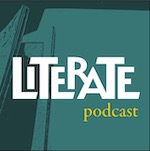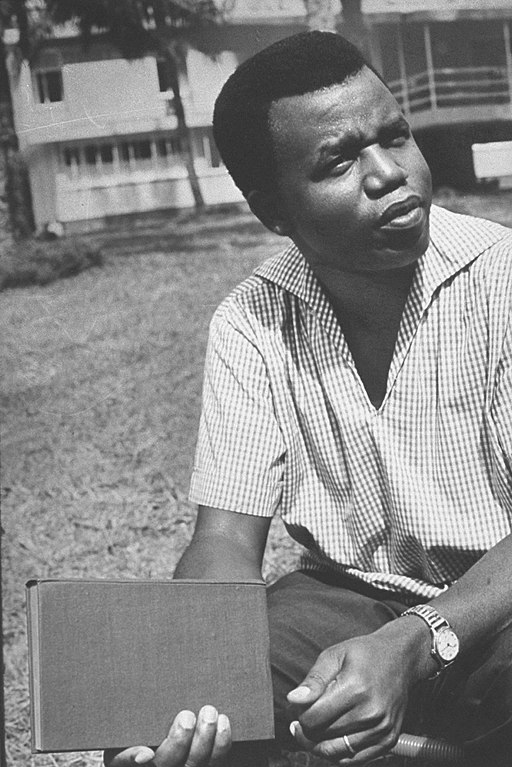Chinua Achebe’s Things Fall Apart is the most widely read African novel, and we’re exploring some of the reasons why. We follow its main character, Okonkwo, from childhood to death. From the start, it’s an enthralling story of striving and courage as he surmounts various challenges to establish himself as an Igbo elder and warrior in Umuofia, during the late 1800s. However, this novel from Nigeria does not end with his rise to wealth and power. It ends, instead, with Okonkwo’s final reduction to death and disgrace by the colonial British government. And there is as much poignancy in the way this story is told as there is in the story itself. From its complex cultural portraiture, to its delicious use of language and its sophisticated engagements with the tradition of the English novel: Things Fall Apart offers a powerful, pleasure-filled read.
Two scholars expand our own readings of Things Fall Apart this week. We hear an extended reflection from writer and literary critic Wamuwi Mbao, who lectures in the Department of English at Stellenbosch University. He offers an erudite critical lens, shaped by his wide-ranging literary knowledge and his own experience as a writer. Wamuwi has a new book out this month, Years of Fire and Ash: South African Poems of Decolonisation.
We also interview Terri Ochiagha, who is a Lecturer in World Literatures at Royal Holloway, University of London. Her fine-grained knowledge of Achebe, this book, and its reception is informed by numerous relevant publications, not least of which is A Short History of Chinua Achebe’s Things Fall Apart (2018).
This is an affiliate link for which we may receive a commission.
Sources
An Evening with Chinua Achebe. 2008. Video. Retrieved from the Library of Congress, www.loc.gov/item/webcast-4467/.
Mbao, Wamuwi, editor. Years of Fire and Ash: South African Poems of Decolonisation, Jonathan Ball Publishers, 2021.
Ochiagha, Terri. A Short History of Chinua Achebe’s Things Fall Apart, Ohio University Press, 2018.

